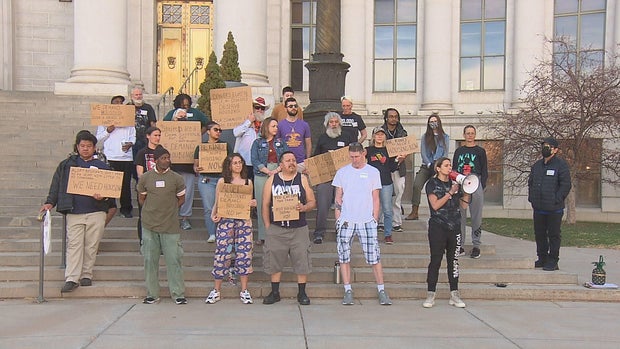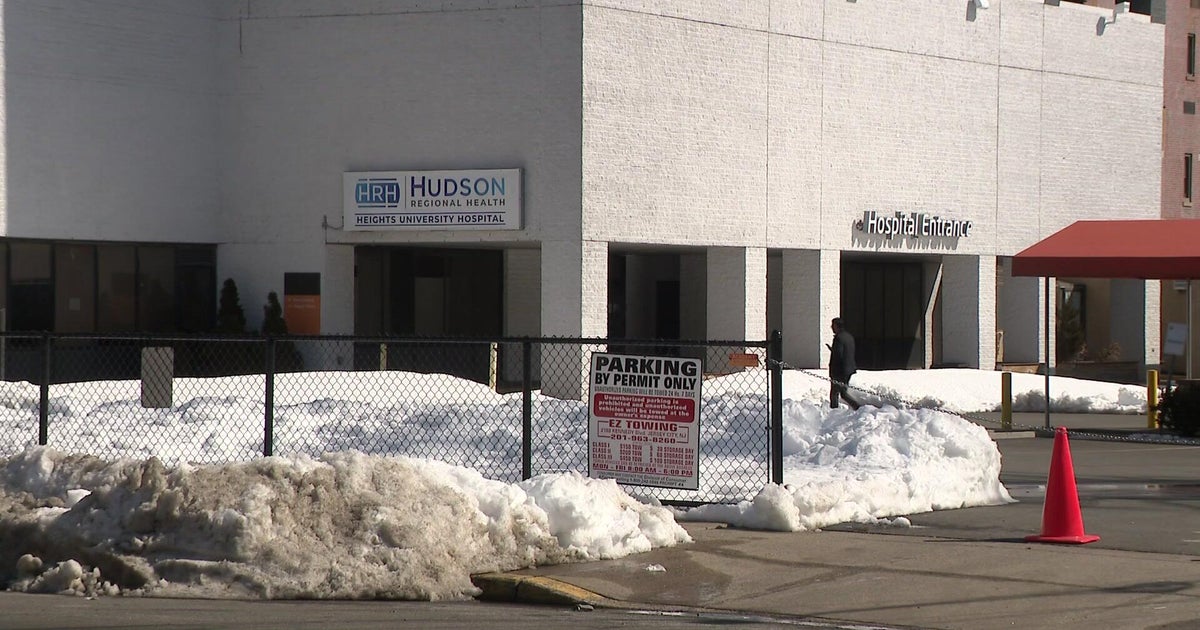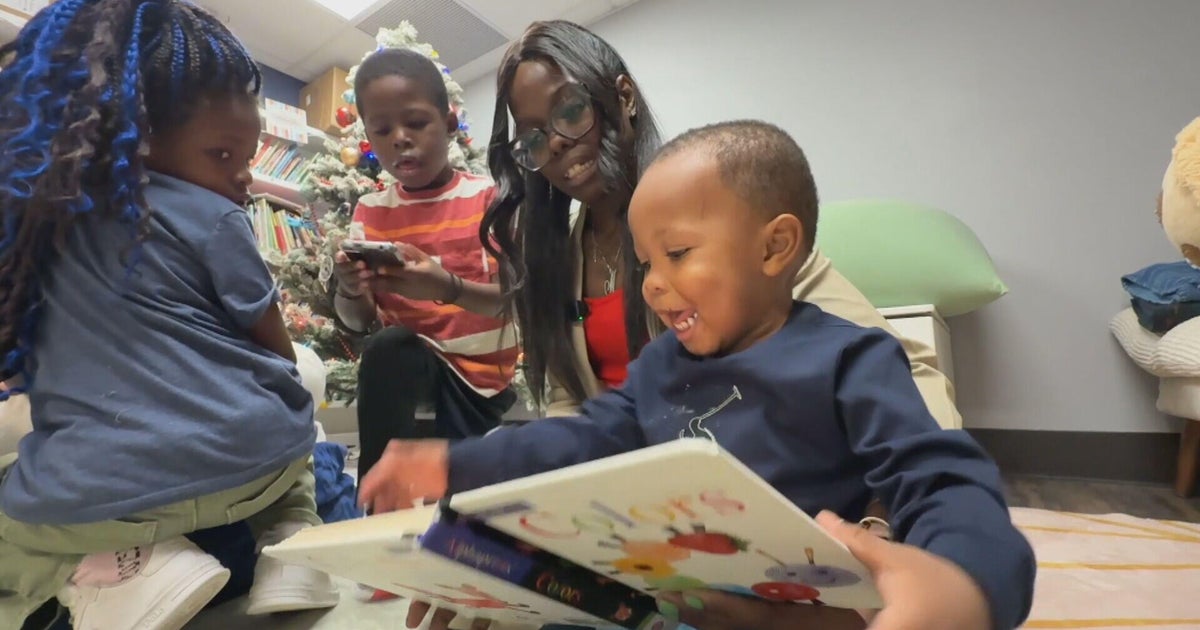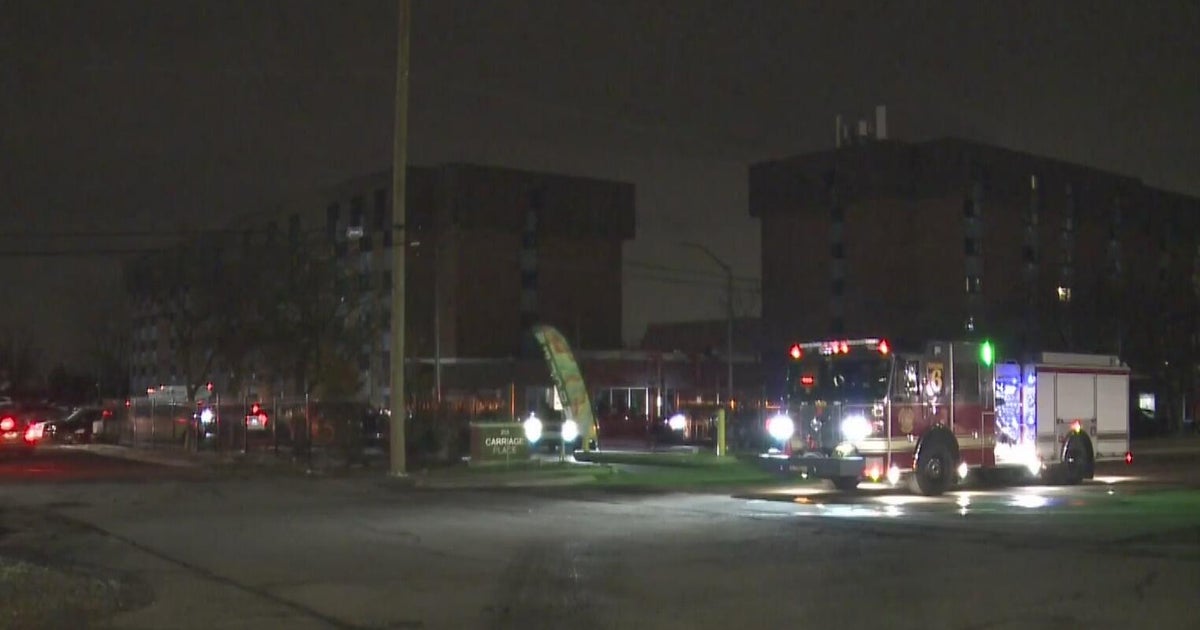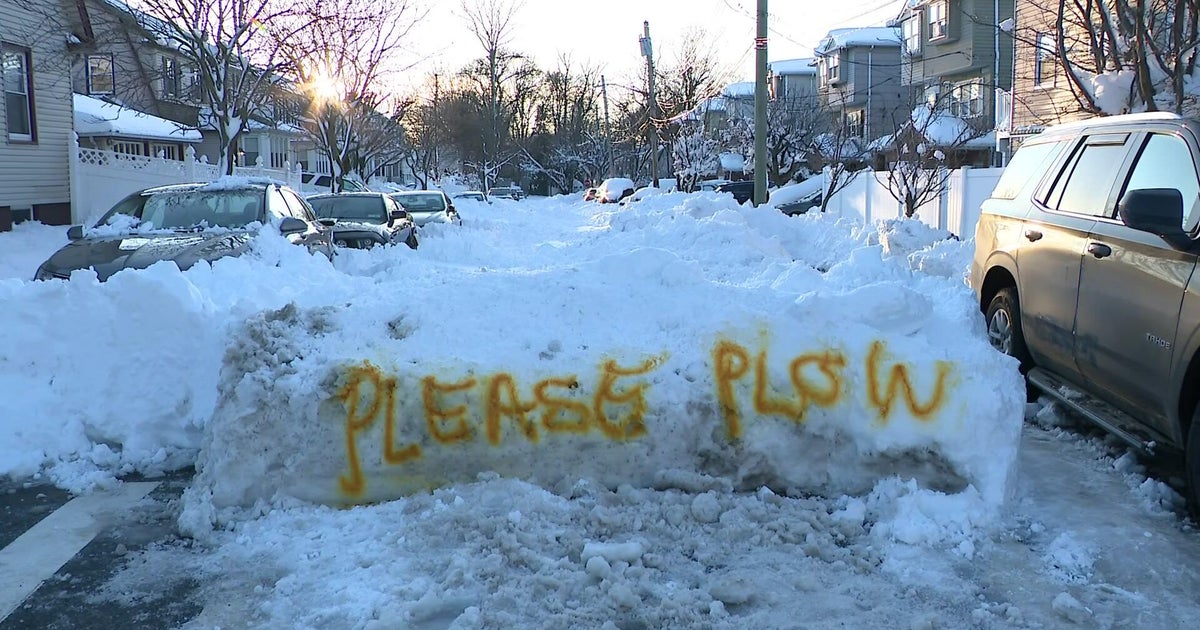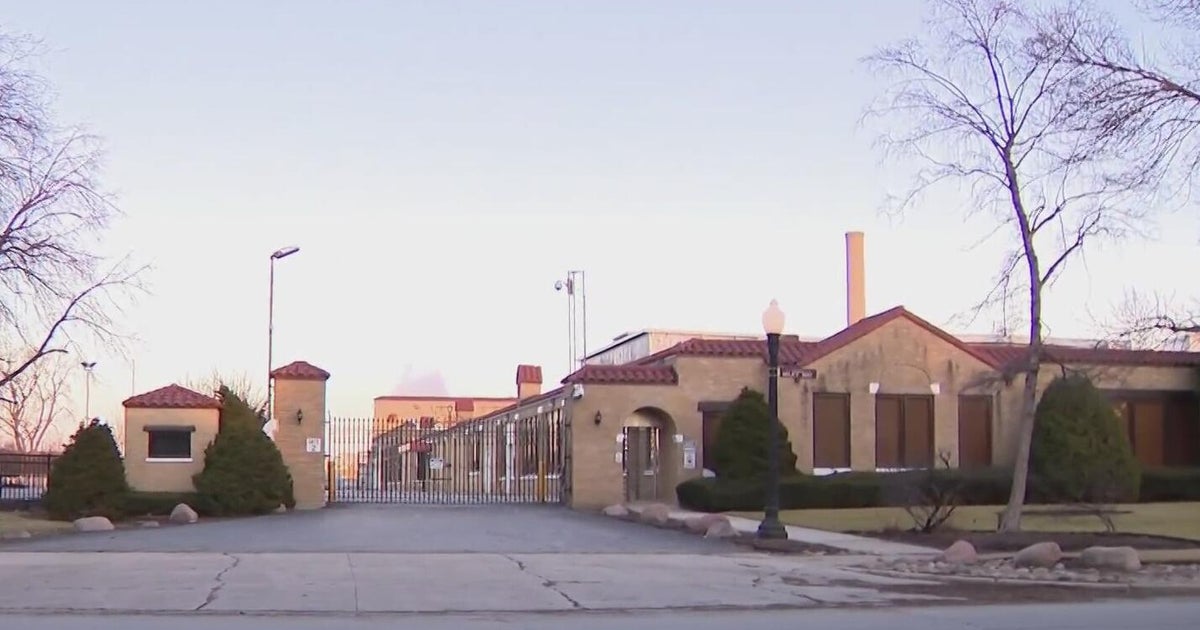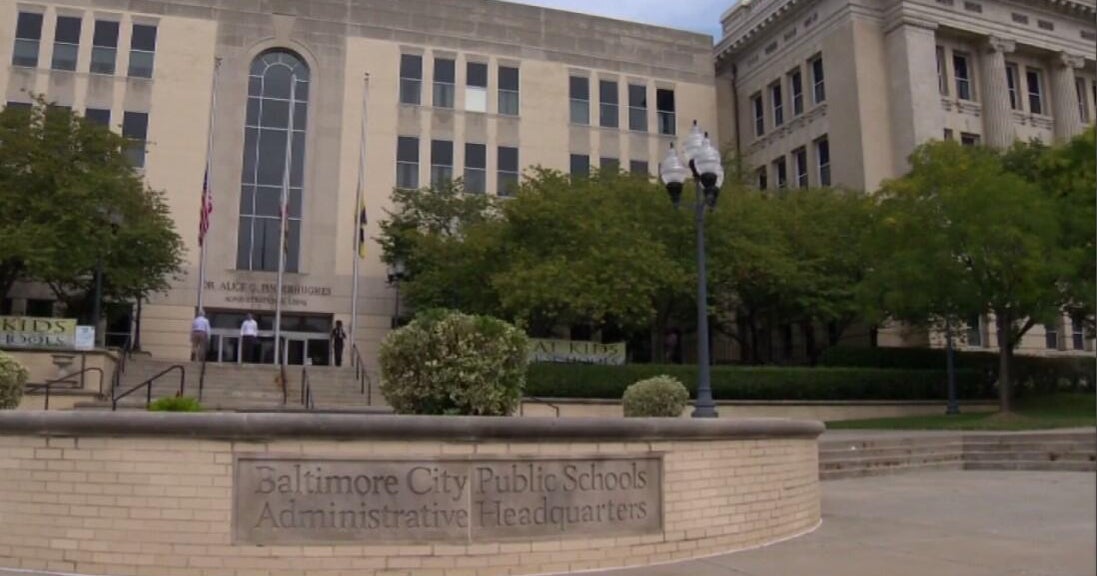With Aloft hotel emergency housing set to end, residents take concerns to city council
Instead of welcoming weekend guests, the Aloft hotel in downtown Denver has been home to some of the city's most vulnerable population for the last few years.
"I'm speaking for myself, but I'm also speaking for others that urgently need the assistance," Eldridge Mangraum Jr. said.
He is one of more than 100 residents preparing for the emergency shelter to close and rallying with his neighbors for more help finding alternative housing.
"Now it's like, 'go back where you came from,' but they won't let me back into the shelter because of my school schedule. You got to be there at 8 (p.m., but) I get out of school Monday, Tuesday and Thursday at 9 o'clock," he said.
Aloft agreed to lease the space to the city during COVID with the help of emergency pandemic aid that they knew would come to an end.
"We had been receiving some signals from the federal government that the wind-down was coming and to expect this in talking with the partners at Aloft and talking about their plans to returning the hotel back to traditional uses they felt like this spring was the right timeframe," Angie Nelson, deputy director of the city's housing stability and homelessness resolution.
Nelson says the city, state and Salvation Army -- which is currently operating the protective shelter -- are all working to find alternative housing that isn't the typical congregate setting, However, she says it is an option.
"All but 19 of those matched with a housing resource and are being supported to housing, they may not all be moving in with house keys by the end of April, but they might be staying in a bridge housing opportunity," Nelson said.
Advocates with House Keys Action Network dispute those numbers and raise concerns, saying being identified as the most vulnerable population medically, that a shelter isn't an option. They also worry that some like Ruben Hernandez have been forced into housing they can't afford.
"I must pay two-thirds, but I will have to pay the deposit, $400 down, so I cannot do that," he said.
They're hoping that sharing their stories, along with frustration about the process itself to city council members will lead to better, more permanent solutions.
Nelson says while she isn't aware of each individual situation, case managers are highly knowledgeable in directing residents to a space they can remain stable in.

